

Supplies of koi and goldfish from Thailand have been subject to strict controls for some time. As usual, these restrictions have been accompanied by a certain amount of confusion
First of all, the restrictions apply only to koi and goldfish. Tropical aquarium fish supplies are unaffected. Koi and goldfish supplies are affected because they cannot be considered as tropical species, despite being bred and raised under tropical conditions. They are therefore subject to the same basic rules as live carp destined for human consumption. As a result, they need to comply with the requirements of Commission Decision 2003/858/EC, which stipulates that harmonised import conditions apply as of 1 May 2004.There have, however, been anomalies and discrepancies regarding the use of health certificates in some of the exporting countries. In order to address these difficulties, the EU sent a mission team consisting of four inspectors from the Food and Veterinary Office (FVO) to Thailand (from 11-20 July 2005) where they were joined by two national experts.With regard to koi and goldfish (the team also looked at fishery products, shellfish, etc.), the team’s main objective was to evaluate whether the Thai Competent Authority (CA) – the authority responsible for issuing harmonised health certificates – was able to comply with the requirements of the Decision.In order to perform its full range of duties, the mission team visited 30 sites within Thailand, including food processing facilities, food fish and shellfish markets, laboratories … and one koi farm or hatchery.The sites visited naturally included the Department of Fisheries, which constitutes Thailand’s Competent Authority and is the sole government agency involved in fish health control. It is therefore responsible for disease monitoring and surveillance, for issuing health certificates, for health controls relating to imports, for inspecting imported consignments at the point of entry and for quarantining koi for at least two weeks.After a thorough programme of consultations, the EU mission team noted that, while many of the EU’s requirements were being met, there were still some significant deficiencies embracing a range of issues. For example, it was discovered that the most recent version of the health certificate required by Commission Decision 2003/858/EC was not always being used. The team also discovered inadequacies in the filling out of the certification.Therefore, while it was evident that the Thai Department of Fisheries has a system in place, not all the Decision criteria were being met, for example, the requirement for a full two years’ surveillance for Spring Viraemia of Carp…
Related articles
Read also

 Menü
Menü

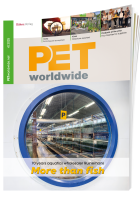



 3-4/2006
3-4/2006
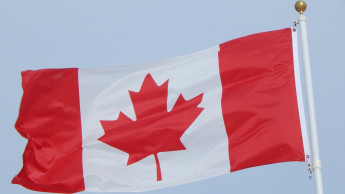


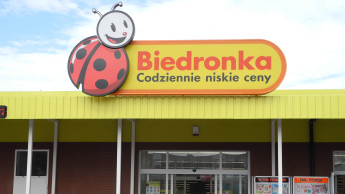
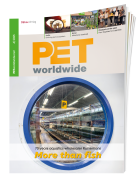

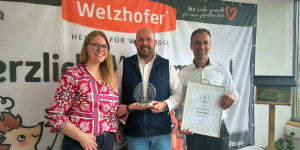
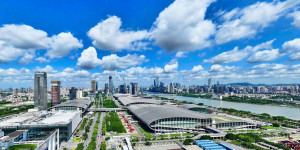

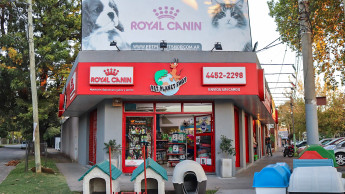
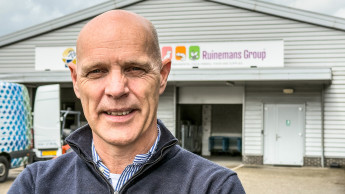

 Newsletter
Newsletter